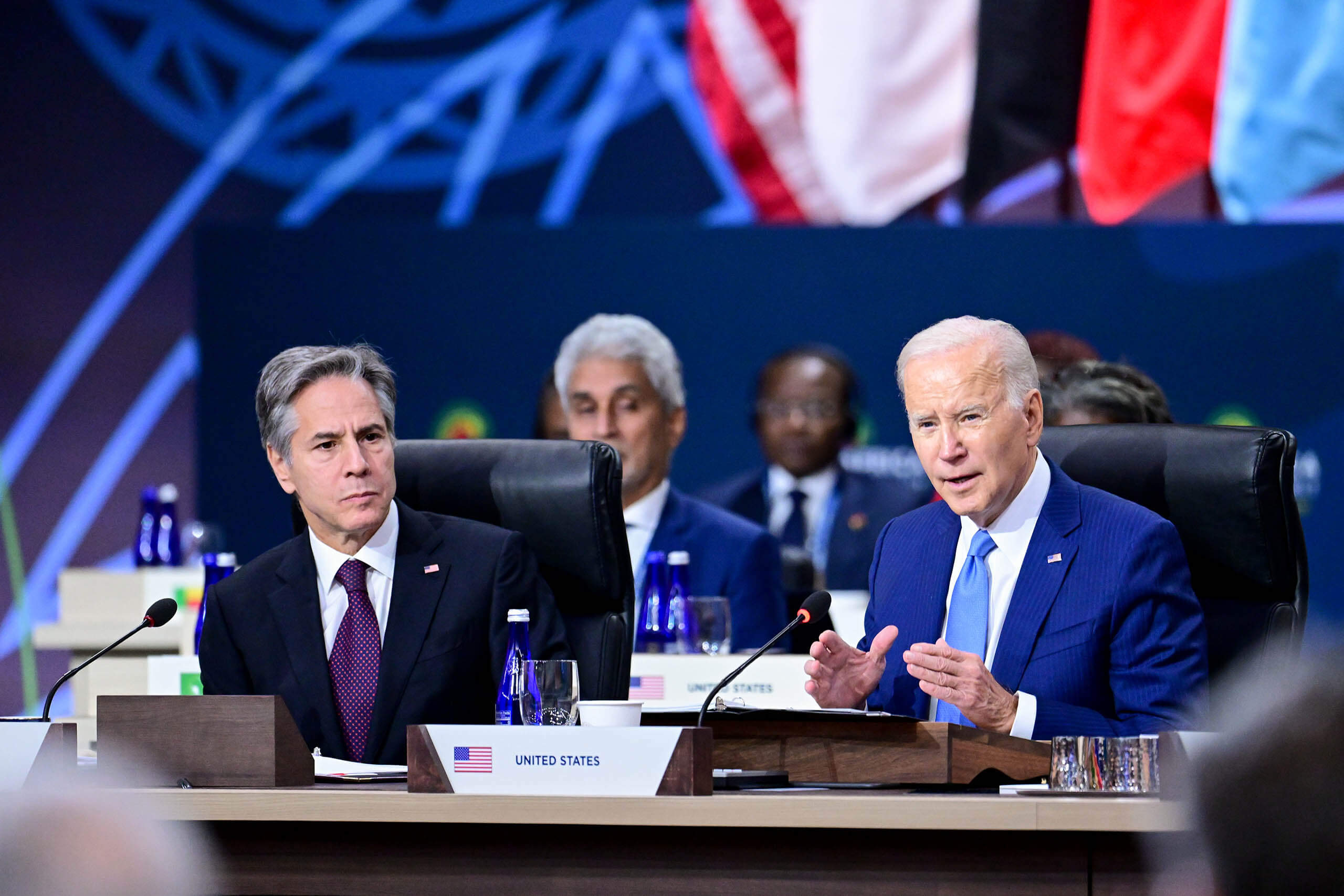When US President Joe Biden opened the US-Africa Leaders Summit on 13 December 2022, it marked more than 10 years since the creation of the African Continental Free Trade Area (AfCFTA).
The summit – only the second event of its kind – is seen as part of the United States’ strategy to contribute to Agenda 2063, Africa’s ambitious plan to transform the continent into a leading player internationally under the banner of the African Union.
As part of this approach, the three focus areas of the summit were:
- Signing of a memorandum of understanding with the AfCFTA Secretariat
- Investing in infrastructure to facilitate greater regional trade within Africa
- Investing in people by supporting innovation and entrepreneurship across the continent
The US sees the implementation of the AfCFTA as an “enormous opportunity for Africa’s future”. This view is backed by hard data, as Africa’s trade area spans 55 countries, a combined GDP of US$3.4 trillion and a population of 1.3 billion people – with the continent being home to the youngest population in the world, as 70% of residents of sub-Saharan Africa are under the age of 30.
Unlocking Africa’s trade potential is highly dependent on reliable land and sea infrastructure. To this end, the US-Africa Leaders Summit announced the signing of a pioneering transport compact with coastal Benin and landlocked Niger – a first for the West African region.
Infrastructure
The US$500 million compact will allow for the building and maintenance of roads as well as policies to reduce transportation costs thereby allowing for quicker and easier shipment of goods from ports to countries inland.

“We expect the Millennium Challenge Corporation (MCC) to commit an additional US$2.5 billion across Africa in just the next three years, supporting everything from agriculture to transportation to access to renewable energy,” Biden said at the US-Africa Business Forum which took place on the second day of the summit.
He noted that discussions were also under way for programs to boost economic development (in Gambia and Togo), bolster regional connections (Senegal) and to strengthen democratic governance and pursue policy reform (Mauritania).
The MCC development funds fall under the Partnership for Global Infrastructure and Investment (PGII), which was announced at the G7 Leaders’ Summit in June 2022.
PGII projects are already under way on the continent and include replacing coal-fired power stations in South Africa with renewable energy solutions (US$8 billion), solar energy projects in Angola (US$2 billion), and a high-speed internet connectivity project connecting South-East Asia to Europe via Egypt and the Horn of Africa (US$600 million).
Policy reform
On the back of this announcement, the US-Africa Leaders Summit was also the launchpad for the Digital Transformation with Africa initiative which will see US$350 million being used to expand internet access, train entrepreneurs (with a focus on women), and build the skills needed by technology firms as well as partnerships between African and American companies focusing on cybersecurity services.
Once implemented, the World Bank estimates that AfCFTA will drastically reduce the trade barriers for both goods and services. This could raise income by 7% by 2035 and reduce the number of people living in extreme poverty by 30 million, according to the report.
A key benefit of a single, unified African market is that investors in any one of AfCFTA’s member countries will open access to all other member countries. However, the World Bank report cautions that implementation of the free trade area will “be a significant challenge” as it requires “substantial policy reforms at the national level”.

